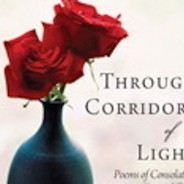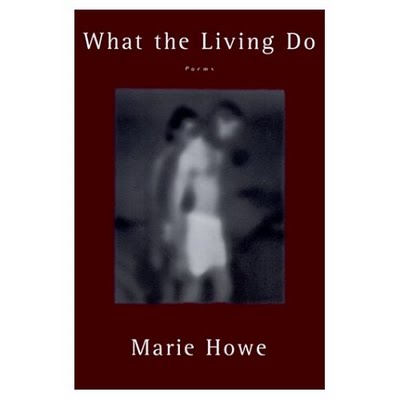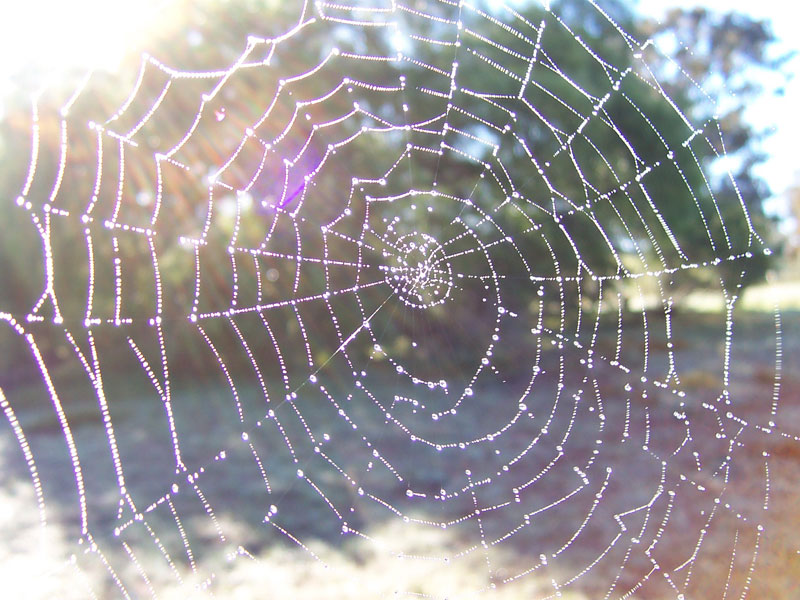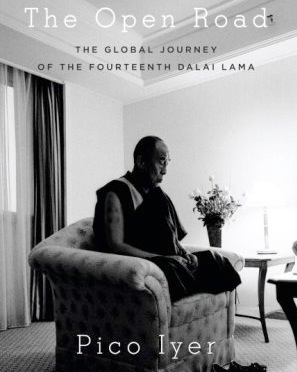Through Corridors of Light: Poems of Consolation during Illness
I have just become aware of a new poetry anthology published in the UK for people who are dealing with illness. The anthology is edited by John Andrew Denny, who writes, at his website: I was ill for more than twenty years with ME/Chronic Fatigue Syndrome. For most of that time I was bedbound, in pain and at times deeply depressed, and I was helped to an extraordinary degree by reading and meditating on poetry that addressed my own thoughts and feelings about my illness. In an email conversation, he also writes about a connection between reading poetry and writing, something I find of particular interest: The initial reason I compiled Through Corridors of Light was that when I was first ill (in 1991) I was so weak that anything longer than a short(ish) poem was beyond my concentration. Now that I am quite a lot stronger, I still find writing very slow, and creative writing is unsatisfying for me unless I can find some relevant model to stimulate my mind – so both of these impulses were what inspired my anthology. What makes it so therapeutic is that in giving voice to one’s hopes, fears, worries, or desires, the poems not only trigger other thoughts and feelings but also show how poems on such themes can be successfully constructed. What makes it so therapeutic is that in giving voice to one’s hopes, fears, worries, or desires, the poems not only trigger other thoughts and feelings but also show how poems on such themes can be successfully constructed. I love this idea–the connection between reading a poem and beginning to write. I think this speaks to what is possible. We read and then we write, and in doing so a healing conversation extends and continues and spreads like a network of healing corridors. I’m waiting for my copy to arrive in the mail. Meanwhile, I can direct you to his beautiful website which contains a detailed table of contents, a visitor page, and ordering information. He’s donating all profits from his book to ME Research UK, a charity in the UK doing research into Myalgic Encephalomyelitis/Chronic Fatigue Syndrome. __________________________________________ See: Through Corridors of Light I Must Go, I Will Go, another piece on John Andrew Denny’s...
read more




